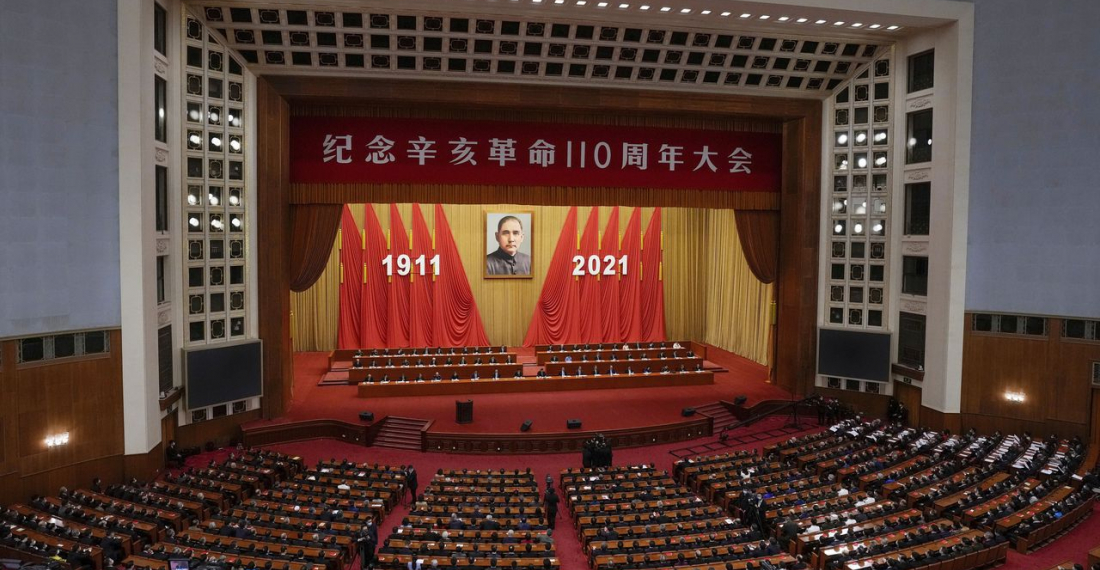The President of China, Xi Jinping, has promised to achieve “reunification” with Taiwan through “peaceful means”. The President gave a speech in the Great Hall of the People in Beijing in a ceremony to mark the Chinese revolution of 1911.
“The historic task of complete unification of the motherland must be completed and it will be done”, Xi said.
“If it is done in a peaceful manner, it is best for the entire Chinese nation, including the Taiwanese people.”
The President did not mention a word about last week’s Chinese military operations. In recent days, tensions between the two nations have risen, partly because Chinese military jets and bombers flew through Taiwan’s air defence zone. Taiwan felt compelled to send military planes into the air as well.
President Xi’s speech was slightly milder in tone than his previous outburst in July. At the time, Xi promised to “crush” any attempt to achieve Taiwanese independence.
China considers Taiwan a renegade province, Taiwan sees itself as an independent democracy. The country maintains friendly ties with Western allies such as Australia and the United States.







